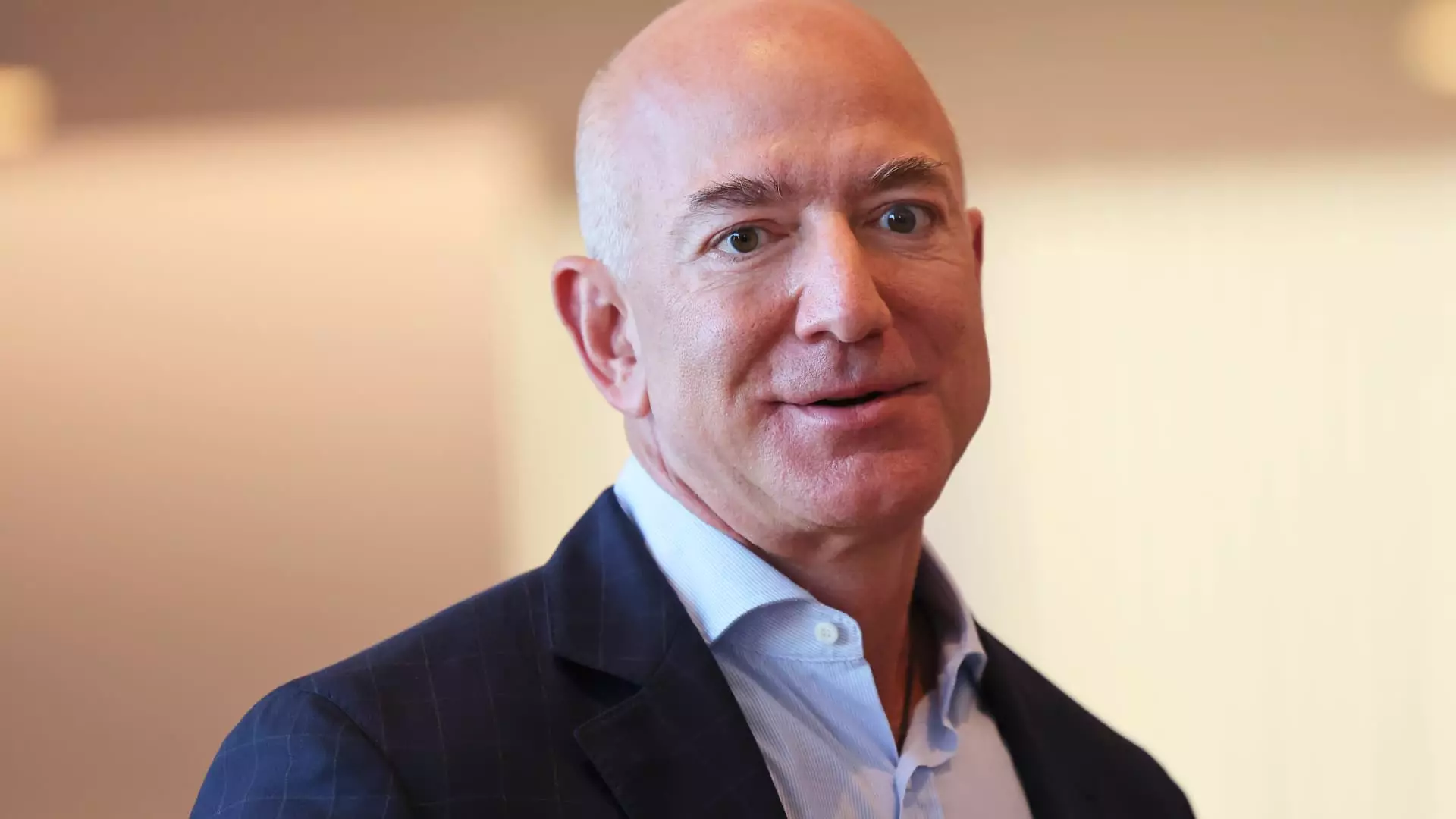In a world increasingly skeptical of mainstream media, the announcement by Jeff Bezos, the owner of The Washington Post, to discontinue presidential endorsements sparks a broader conversation about the credibility of news sources. Recognizing a substantial erosion of trust, Bezos declared this shift as a “meaningful step in the right direction” to restore faith in journalism. However, it raises the question: can merely abolishing endorsements effectively mend the frayed relationship between the media and the public?
Historical context is critical in understanding the significance of this decision. Presidential endorsements have long served as a means for newspapers to underline their influence and editorial judgment during elections. Nevertheless, in an era marked by intense political polarization and rampant misinformation, these endorsements have begun to be viewed as flags of bias, rather than badges of authority. In his reflection, Bezos aptly pointed out that endorsements that aimed to sway undecided voters often had the reverse effect, reinforcing the notion of media partiality.
The immediate ramifications of this pronouncement were palpable. Reports highlighted a sudden exodus of digital subscribers, with The Washington Post losing over 200,000 subscribers within days of making the announcement. Such a drastic decline illustrates how divided opinion is on the role of media in political discourse. Furthermore, internal dissent surfaced, with members of the editorial board resigning in wake of this sweeping decision. These resignations may reflect deeper fractures within the organization regarding journalistic integrity and the very principles that guide modern media.
One cannot help but question whether this decision, framed as principled, is actually a reactive rather than proactive measure. If journalists and media outlets recognize the need to distance themselves from perceived partisanship, it becomes crucial to explore other ways to reconnect with audiences. Simply eliminating endorsements may not address the fundamental issues of bias and trust that plague journalism today.
In a surprising admission of mismanagement, Bezos expressed regret sobre the timing of this policy change. His acknowledgment of “inadequate planning” reflects a lack of foresight that is disconcerting for a media titan of his stature. Critics may perceive this as a significant oversight, undermining the moves to reestablish credibility. This raises numerous questions about leadership within media organizations – is it enough to acknowledge failure, or must there be actionable steps to cultivate an environment of accountability and transparency in newsrooms?
Moreover, Bezos’ op-ed touches upon an essential dilemma facing modern media. The Gallup poll he referenced illustrated a striking reality – the media ranks as the least trusted institution among civic and political entities in America. This stark revelation underscores a greater need for reform beyond just endorsement policies; it calls for systemic changes that prioritize integrity and genuine engagement with the audience.
Navigating the path forward requires a multifaceted strategy. Abandoning presidential endorsements could lead to a less contentious media landscape, but it cannot sidestep the necessity of reassessing journalistic practices, editorial standards, and the implementation of rigorous fact-checking processes. Trust can be rebuilt through consistent transparency, engagement, and by prioritizing the public over political allegiances.
Moreover, it would be prudent for media outlets to explore how technology can enhance journalistic integrity. Innovations like blockchain could introduce levels of verification that help establish trustworthiness in reporting. Ultimately, the responsibility to restore faith in journalism lies equally with the media and the audiences they serve, engaging in a collaborative dialogue to redefine what trustworthy news looks like today.
While Bezos’ decision to abandon presidential endorsements signals a readiness to adjust to public sentiment, the effectiveness of this move remains in question. The intricacies of public trust in journalism require deeper solutions, where accountability, transparency, and a steadfast commitment to unbiased reporting must become the new ethos of the media landscape. The question remains whether this significant pivot will bear fruit, or if it will merely serve as a superficial bandage on a much deeper wound in public confidence.


Leave a Reply